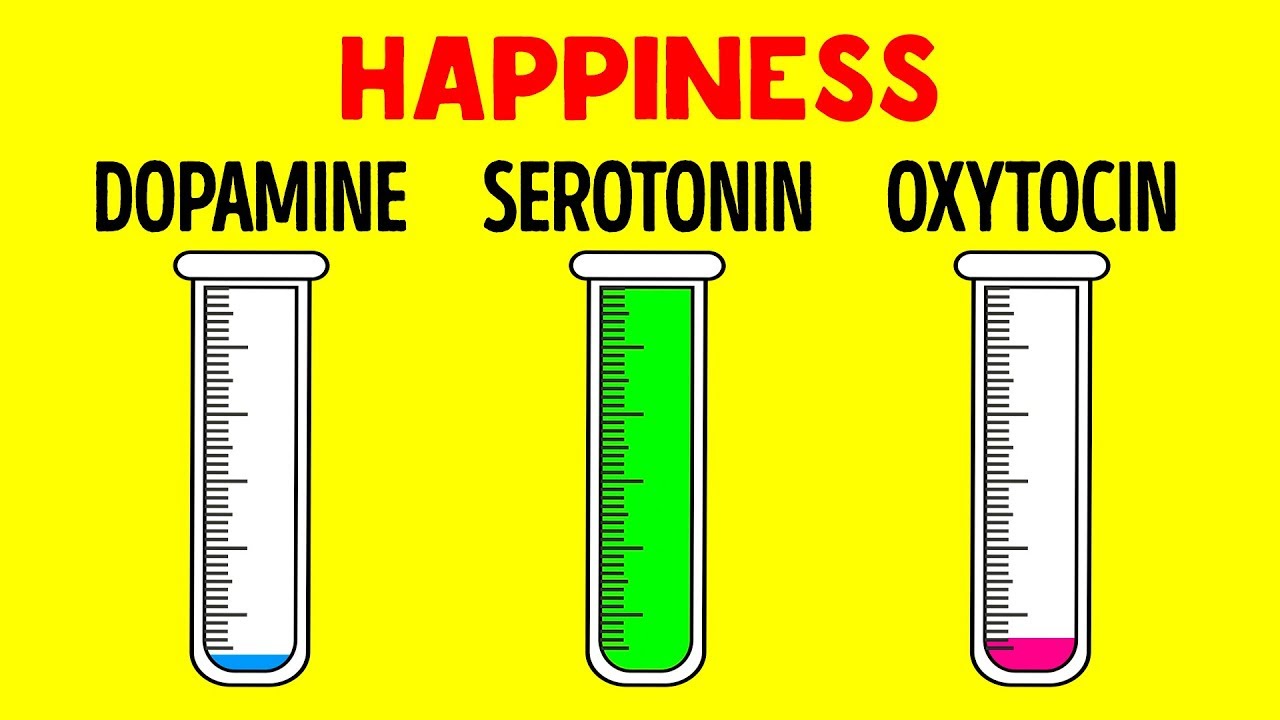How Hormones Influence You and Your Mind

Hormones Influence
Hormones have an influence on how your brain works, can increase or decrease your energy level, control your emotions and mood, and even fat storage. Let’s see how they work!
How can elevated cortisol levels lead to negative effects on our mental health, such as anxiety and depression?
In our lives, there are forces beyond our control that continuously shape our thoughts, feelings, and behavior. One of the most significant of these forces are hormones. These chemical messengers exert a profound influence over many aspects of our bodies and minds, ranging from our growth and development to our emotions and cognition.
Hormones are produced by various glands throughout the body, including the thyroid gland, adrenal gland, pituitary gland, and ovaries or testes. These glands release hormones into the bloodstream, where they travel to other parts of the body and bind to specific receptors on cells. This binding process triggers a variety of physiological responses, including changes in metabolism, heart rate, and blood pressure.
But hormones do not only affect our physical health; they also play a critical role in shaping our mental and emotional well-being. For example, the hormone cortisol is produced by the adrenal glands and is commonly referred to as the “stress hormone.” When we experience stress, cortisol levels rise, preparing our bodies for the fight-or-flight response. However, prolonged exposure to elevated cortisol levels can lead to a range of negative effects, including anxiety, depression, and even memory impairment.
Another hormone that has a significant impact on our mental health is oxytocin. This hormone is often referred to as the “love hormone” because it is released when we engage in social bonding activities, such as hugging or kissing. Oxytocin is associated with increased feelings of trust, empathy, and generosity, and has been found to reduce stress and anxiety.
There are also several hormones that play a crucial role in our reproductive health and behavior. For example, testosterone is a hormone produced by the testes in males and plays a significant role in the development of male sexual characteristics, such as muscle mass and facial hair. However, it also affects mood, aggression, and libido, among other factors. In females, estrogen is the dominant hormone, playing a critical role in the menstrual cycle and pregnancy, but it also influences mood, cognition, and behavior.
The complex interplay between hormones and the brain is becoming increasingly clear, with new research regularly highlighting just how significant this relationship is. For example, studies have found that hormonal imbalances in conditions such as depression and anxiety can significantly impact mood and behavior, while other research has demonstrated that hormone therapy can be an effective treatment for certain mental health disorders, such as bipolar disorder and postpartum depression.
In conclusion, hormones are a critical part of our physical and mental health, influencing everything from our metabolism to our emotions and behavior. Hormonal imbalances can have significant consequences, and understanding how these chemical messengers work is essential to maintaining overall well-being. So the next time you feel off-balance, remember that it may not be just in your head – hormones are a powerful force, and we are all subject to their influence.










I Left Her Because Of This…HER REACTiON
Mayo Clinic Minute: 6 tips to healthy eating on a budget
Casually Explained: Being Healthy
What Happens to Your Body While Fasting
The Future of Medicine